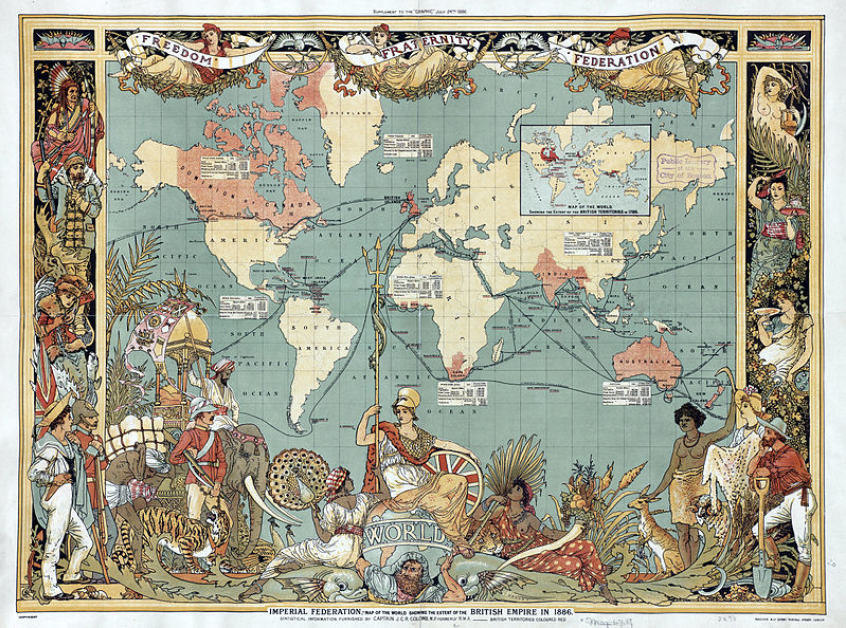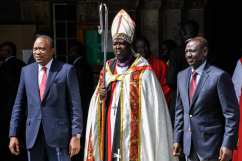
About 200 years ago, at the transition from the 18th to the 19th centuries, there was an explosion in Protestant missionary activity and Britain led the way. Societies such as the Baptist Missionary Society, the London Missionary Society and later on the China Inland Mission (today OMF International) and the Sudan Interior Mission (now Serving in Mission) took the gospel message from Christian Europe to the wider world where, at the time, there were almost no believers.
Today the world looks very different, partly because of the faithful work of these mission societies down through the years. Today, you can find Christians right across the globe. Countries such as Kenya, which had very few Christians to speak of a hundred years ago, now have a higher percentage of evangelical believers than the UK. Many of the countries where the Protestant Church is relatively young, such as Brazil, Korea and Nigeria, have become major missionary sending countries in their own right.
However, if the world has changed, there is one thing that doesn't seem to have changed quite so much: where the British send missionaries. For good historic reasons, the British tended to send them to countries that were part of the empire, and in particular to East Africa. It is my observation that despite all of the demographic changes in the Church, the majority of British missionaries are still going to the same places that they went 100 years ago.
What this means is that we are now sending the majority of our missionaries to places where the Church is well established, rather than to places where there are very few Christians.
I observe the same thing with Church projects. I regularly hear about churches that have a project in Kenya or Uganda, but I don't think I've ever heard of a church with a project in, say, Tajikistan. The cynic in me notices that we tend to involved with places where you can speak English, with a fairly benign climate and with good beaches or opportunities for safari. We seem to have less interest in regions with security problems or exotic languages. But the main point is that the places that we tend to get involved with are also places with lots of Christians.
Let me quickly say that I don't think it is wrong for churches in the UK to support Christians in other parts of the world by sending missionaries or having church partnerships. It is a perfectly good and valid thing to do. However, there is a problem: if we concentrate on helping and supporting other Christians, how will the rest of the world come to hear the gospel?
If we take the message of Jesus seriously, we have to be concerned for the fact that the majority of Muslims, Hindus and Buddhists in the world will never meet a Christian, much less hear the gospel, unless something drastic changes.
I am not saying that people who are working with overseas churches are wasting their time. I have good friends who are doing amazing work in theological education and health care with church groups. Nor do I want to ignore those missionaries and churches that are already intentionally taking the gospel to the unreached. I'm just concerned that there are not enough of them.
It isn't that the things we are doing are wrong; it's just that they are out of balance. We have continued doing the same things, going to the same places, while the world has changed dramatically around us. We need to change too, or at least we need to get back to our roots. Like the first Protestant missionaries, we have to go to places where there are very few Christians and reach the unreached. Make no mistake about it, this will be difficult. For the most part, the places where there is no Church are places where there are high levels of insecurity, where access is difficult and where the population are hostile to the Christian message. Going to these places won't be easy. It wasn't easy to go to East Africa in the early 1800s either – but we did it.
The British Church has a wonderful missionary history, but at the moment, we are pointing in the wrong direction.
Eddie Arthur is director of strategic initiatives for Global Connections, a network of UK agencies, churches, colleges and support services that seeks to serve, equip and develop churches in their mission.











